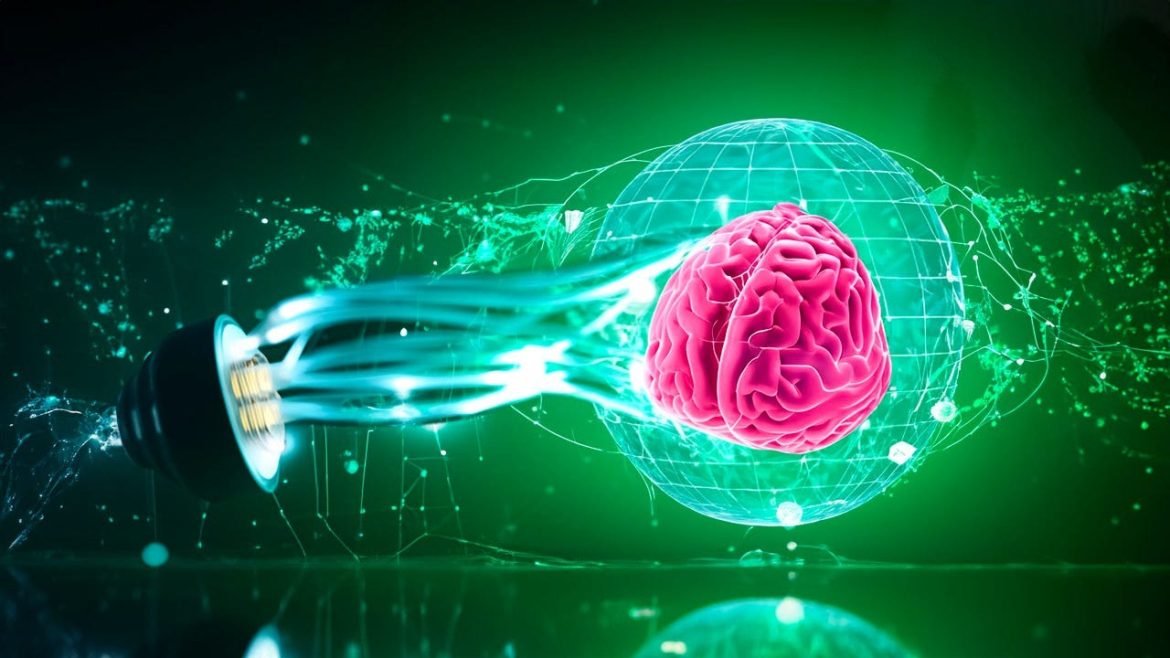Artificial Intelligence (AI) is undoubtedly one of the most transformative technologies of our time. It has the potential to revolutionize industries, improve efficiency, and enhance our daily lives. However, as AI continues to advance, so do the ethical questions and concerns surrounding its use. In this article, we will explore the critical importance of ethics in AI, the challenges it presents, and the strategies to balance innovation with social responsibility.
The Power of AI
AI has made incredible strides in various domains, from healthcare and finance to autonomous vehicles and natural language processing. Its ability to analyze vast amounts of data and make complex decisions has fueled its rapid adoption across industries.
1. Healthcare Advancements: AI is revolutionizing medical diagnosis, drug discovery, and patient care, leading to improved health outcomes and cost savings.
2. Autonomous Systems: Self-driving cars and drones rely on AI for navigation and decision-making, potentially reducing accidents and improving transportation.
Ethical Considerations
While AI offers tremendous benefits, it also poses ethical challenges that need to be addressed.
1. Bias and Fairness: AI algorithms can inherit biases present in the data they are trained on, leading to discrimination in areas like hiring and lending.
2. Privacy Concerns: AI’s ability to analyze personal data raises privacy issues, prompting concerns about surveillance and data breaches.
Social Responsibility in AI
Balancing innovation with social responsibility is imperative in the development and deployment of AI.
1. Ethical Design: Developers must prioritize ethical considerations during the design phase, identifying and mitigating potential biases and risks.
2. Transparent Algorithms: Transparent algorithms allow for scrutiny and accountability, ensuring fairness and reducing the potential for discrimination.
Industry Guidelines and Regulations
Governments and industry organizations are stepping in to establish guidelines and regulations for AI ethics.
1. Legal Frameworks: Some countries have already implemented laws addressing AI ethics, such as the European Union’s General Data Protection Regulation (GDPR).
2. Industry Standards: Tech companies are adopting ethical AI principles and standards to guide their development practices.
AI and Employment
AI’s impact on the job market is a significant ethical concern. While it may automate routine tasks, it can also create new opportunities.
1. Reskilling and Upskilling: Investing in workforce reskilling and upskilling programs can help individuals adapt to the changing job landscape.
2. Human-AI Collaboration: AI can augment human capabilities, leading to new job roles focused on AI oversight, maintenance, and interpretation.
AI in Healthcare and Biotechnology
The ethical use of AI is especially crucial in healthcare and biotechnology.
1. Patient Consent: Transparent AI systems must ensure patients’ informed consent and maintain the privacy and security of their medical data.
2. Research Ethics: Ethical considerations extend to AI’s role in research, from genomics to drug development.
The Future of AI Ethics
The ethics of AI will continue to evolve as the technology advances.
1. Ethical AI Research: Research on ethical AI, including bias mitigation and privacy preservation, will drive the development of responsible AI systems.
2. Public Engagement: Engaging the public in discussions about AI ethics and its societal impact is essential for establishing common values and expectations.
Conclusion
As AI continues to shape our world, it is imperative that we prioritize ethics alongside innovation. The responsible development and deployment of AI technologies are fundamental to ensuring that they benefit society as a whole. By addressing issues like bias, privacy, and job displacement proactively, we can harness the power of AI to improve our lives while upholding our ethical values. The future of AI ethics depends on collaboration among governments, industry, academia, and the public to create a framework that guides AI development in a socially responsible direction. In doing so, we can strike the delicate balance between technological advancement and the well-being of humanity.
